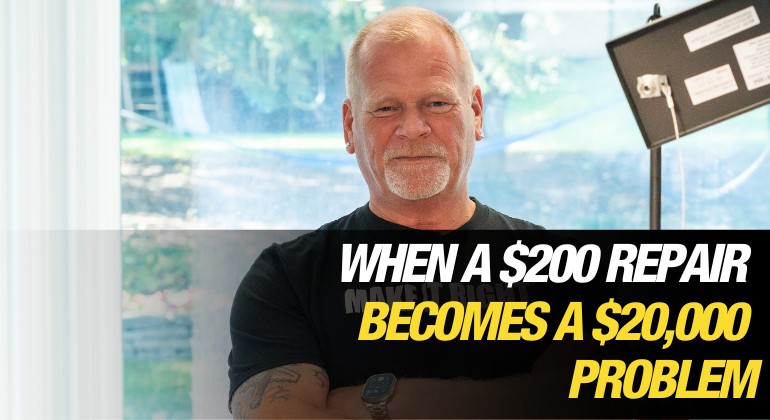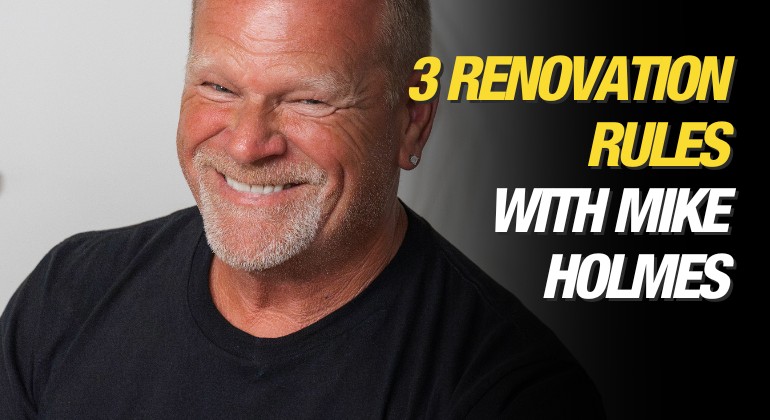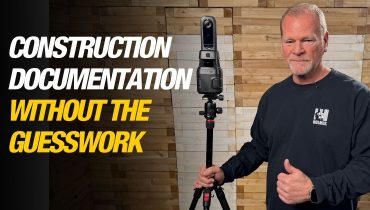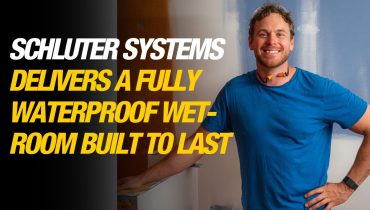I love exploring new technology—especially when it genuinely improves how we work in construction—and I recently came across one that truly impressed me, iGUIDE by Planitar Inc. In my...
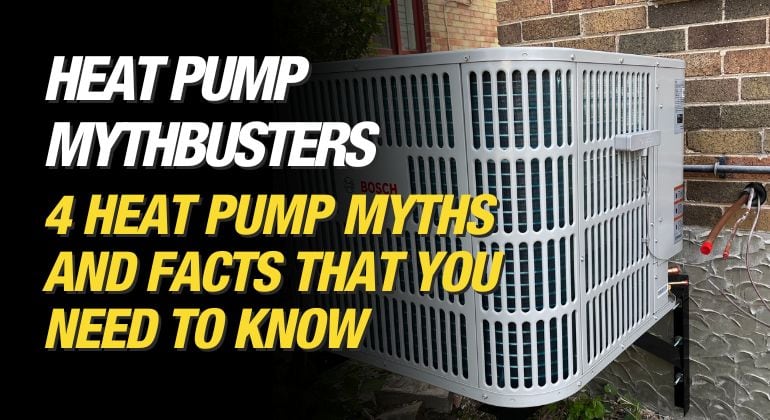
4 Heat Pump Myths And Facts That You Need To Know
By Mike Holmes
Mike’s Advice / HVAC
Thursday, September 5th, 2024 @ 9:05am
Heat Pump Myths Busted: Facts for Homeowners
I’ve been having many conversations with contractors and builders about heat pumps and whether they are a good choice for heating and cooling your home. However, there are many misconceptions, too. I am going to get into some heat pump myths and facts to help you make better heating choices for your home.
Myth #1 Heat Pumps Are Just for Heating
No way. Heat pumps can heat and cool your home. They are energy-efficient and a good alternative to furnaces and air conditioners.
For small spaces, a mini-split system is a good choice. We installed mini-splits in several of our jobs for Holmes Family Rescue and Holmes on Holmes: Building a Legacy – no ductwork required. Read more about mini-splits here.
Here is why heat pumps are energy-efficient.
Heat pumps work by moving heat from one place to another instead of generating it. With an inverter ducted heat pump split system, ductwork distributes heating and cooling throughout your house using your vents. With this heat pump, when the room reaches the set temperature, the compressor slows down so the room temperature stays constant. This means the motor and system do not have to work so hard, which saves you energy and money.
Myth #2 Heat Pumps Only Work in Warm Climates
That’s not necessarily true – it all depends on the type of heat pump and the manufacturer.
The one I have personal experience with is the Inverter ducted split system and they are designed for very cold climates.
They are designed to handle colder climates efficiently even in extremely low temperatures. We’re talking about as low as minus 25 degrees Celsius or minus 13 degrees Fahrenheit. And it comes in a variety of sizes so you can pick the one that best suits your needs.
Myth #3 Heat Pumps are Noisy
Granted some are, but today’s heat pumps are much improved and some can be very quiet. Some models have outside sound levels as low as 56 decibels – that’s impressive! It’s so quiet that your neighbors won’t hear it.
Myth#4 Heat Pumps Don’t Last Long
The heat pumps of today can last an average of 15 to 20 years. However, like every mechanical unit in your home it needs to be properly maintained and serviced. This includes cleaning and changing your filters regularly.
When you are shopping for a heat pump, look for ones that come with a good compressor and part warranty.
Is a Heat Pump Right For Me?
Switching to a heat pump might be a great solution for your home, but there are a few things to consider:
- How big is your home?
- How big is the area of your home that you want to heat?
- What systems do you currently have installed?
- What energy-efficiency rating are you considering?
For example, if you live in an area where electricity is affordable, installing a heat pump can be a great option. Especially if your home is well-insulated and you need to replace your old furnace and air conditioner.
An inverter heat pump would be an excellent option as it provides a consistent temperature with self-adjusting features, unlike the frequent on-and-off cycles of traditional HVAC systems.
What makes a heat pump different from an air conditioner?
The biggest difference is that an air conditioner only cools your home while an inverted ducted split heat pump heats and cools your home. This means these heat pumps keep your home comfortable all year round.
The other big differentiating factor is the compressor.
In a standard air conditioner, the system works until it reaches the desired or set temperature, then shuts off. When the room gets warm it starts the cool-down process all over again. That’s why with an AC you can experience more temperature changes. It also uses more energy. This means higher energy bills.
With an inverter ducted split heat pump, when the room reaches the set temperature, the compressor slows down so the room temperature stays constant. This means the motor doesn’t have to work as hard. It also makes it more energy-efficient and quieter.
Can a heat pump help heat and cool an addition, above a garage or a converted attic space?
Yes! A heat pump is the perfect solution for cold-top floor rooms, a room above a garage, or a converted attic space. There may be an issue with the ductwork, or the HVAC system cannot heat this additional space properly. Either way, the room is constantly too cold or too warm, depending on the season. I can safely say that this is a common complaint for many homeowners.
A mini-split heat pump is your best option in this case because it is ductless. This makes it much easier to install in a second-story room without having to tear up the walls. Installing a single zone mini-split will also allow you to control the temperature in a single room as it works separately from other heating and cooling systems. However, the refrigerant lines can extend up to around 50 to 100 feet, sometimes even more, so there is no problem reaching top floor rooms.
NOTE: The longer the lines, the more likely it is to affect the system’s efficiency. It’s best to consult with an HVAC specialist to find that sweet spot for your setup.
Installing a single zone mini-split will also allow you to control the temperature in a single room as it works separately from other heating and cooling systems.
RELATED:
How does a mini-split heat pump heat and cool a space without any ductwork?
Similar to a traditional air-source heat pump, a mini-split heat pump transfers heat from one space to another. This offers you more flexibility as it allows you to easily control the temperature of specific rooms individually.
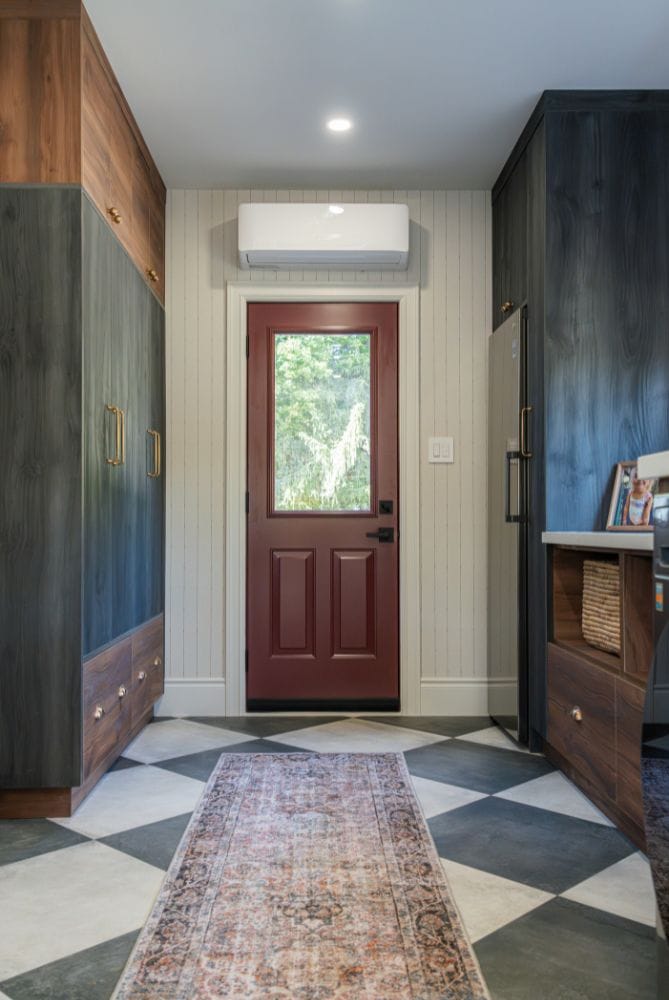
A mini-split heat pump was installed on our job site
Duct losses account for more than 30% of the energy consumed for space conditioning, especially when the ducts are located in an unconditioned spot like an attic or basement. Because mini-splits do not have ductwork, they actually lose less energy saving you more money on your energy bills.
Plus, adding or altering ductwork is going to be much more expensive if you’re looking to build an addition or sunroom. That’s where a mini-split comes in and can be a great easy-install solution.
A heat pump is a good energy-efficient unit to heat and cool your home. Talk to an HVAC technician and look into rebates in your area as well.
READ NEXT
